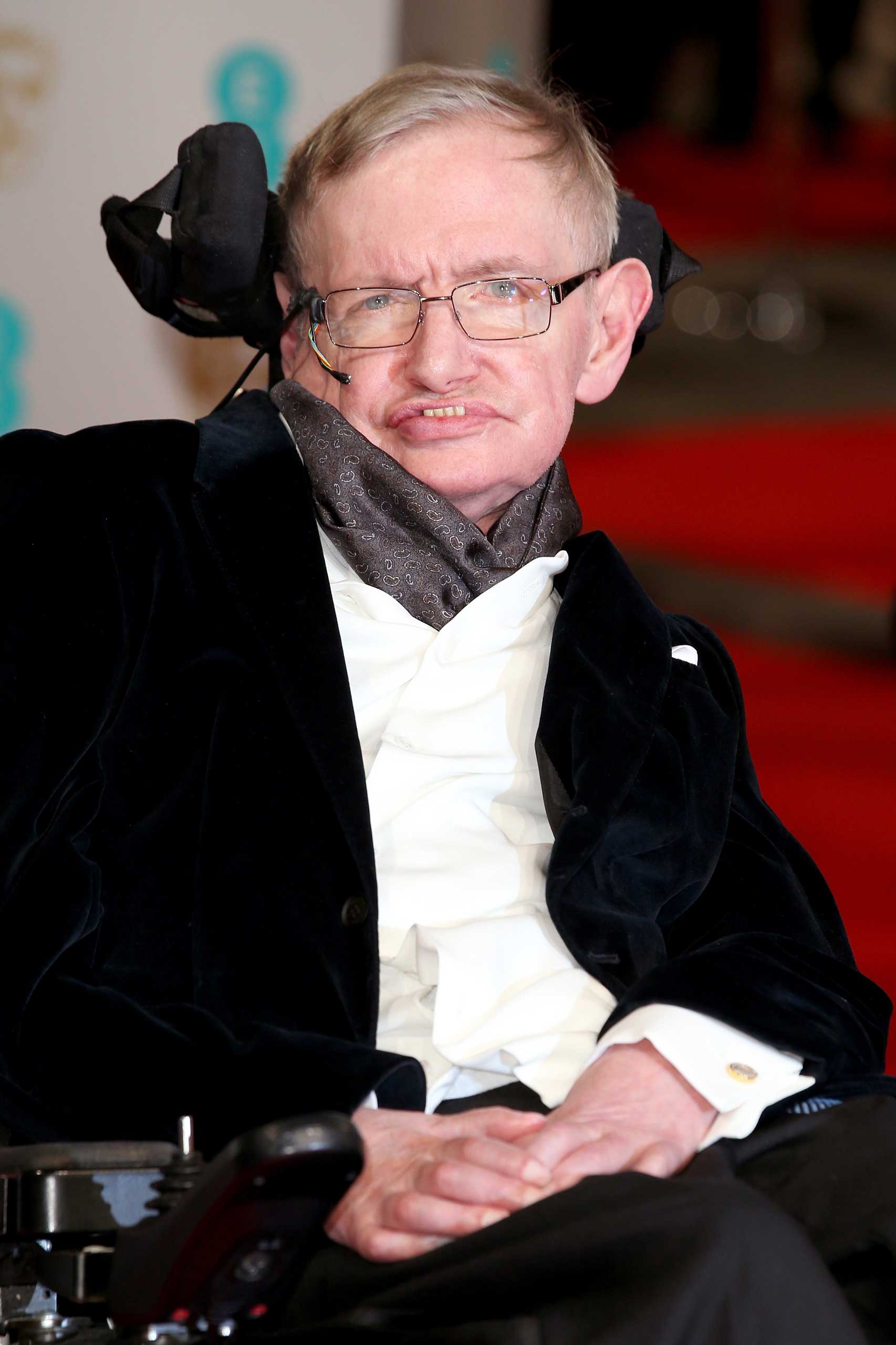
Back in July, Stephen Hawking began collecting questions for his first-ever Ask Me Anything Q&A session on Reddit. Now, the legendary astrophysicist has tackled some of the questions.
Hawking mostly focused on inquiries about artificial intelligence, which was predetermined as the overarching topic of the AMA. (Earlier this year, Hawking signed an open letter, along with Tesla Motors CEO Elon Musk, warning of the dangers of weaponized robots and of a potential “global AI arms race.”) But the scientist also addressed other topics, like Rod Stewart, The Big Bang Theory, and life’s greatest mystery. (Which, as the Washington Post points out, is not actually a mystery.)
Here are a few of his best responses.
On whether a machine can become smarter than its creator:
“It’s clearly possible for a something to acquire higher intelligence than its ancestors: we evolved to be smarter than our ape-like ancestors, and Einstein was smarter than his parents.”
On life’s most intriguing mystery:
“Women. My PA reminds me that although I have a PhD in physics women should remain a mystery.”
On his favorite song ever written, and his favorite movie of all time:
“Have I Told You Lately” by Rod Stewart and Jules et Jim
On the real risk of AI:
“Media often misrepresent what is actually said. The real risk with AI isn’t malice but competence. A superintelligent AI will be extremely good at accomplishing its goals, and if those goals aren’t aligned with ours, we’re in trouble. You’re probably not an evil ant-hater who steps on ants out of malice, but if you’re in charge of a hydroelectric green energy project and there’s an anthill in the region to be flooded, too bad for the ants. Let’s not place humanity in the position of those ants. Please encourage your students to think not only about how to create AI, but also about how to ensure its beneficial use.”
On the last thing he saw online that he found hilarious:
The Big Bang Theory
On “technological unemployment” and whether machines will take all our jobs:
“If machines produce everything we need, the outcome will depend on how things are distributed. Everyone can enjoy a life of luxurious leisure if the machine-produced wealth is shared, or most people can end up miserably poor if the machine-owners successfully lobby against wealth redistribution. So far, the trend seems to be toward the second option, with technology driving ever-increasing inequality.”
Read next: Read Stephen Hawking’s Sweet Note to Eddie Redmayne After His Oscar Win
More Must-Reads from TIME
- Donald Trump Is TIME's 2024 Person of the Year
- Why We Chose Trump as Person of the Year
- Is Intermittent Fasting Good or Bad for You?
- The 100 Must-Read Books of 2024
- The 20 Best Christmas TV Episodes
- Column: If Optimism Feels Ridiculous Now, Try Hope
- The Future of Climate Action Is Trade Policy
- Merle Bombardieri Is Helping People Make the Baby Decision
Contact us at letters@time.com